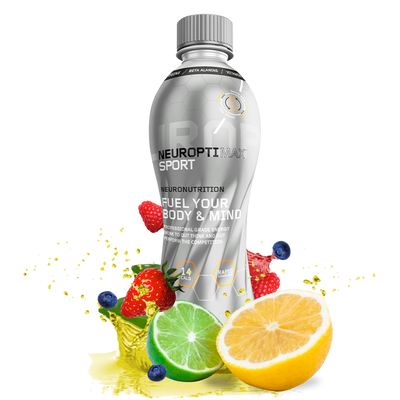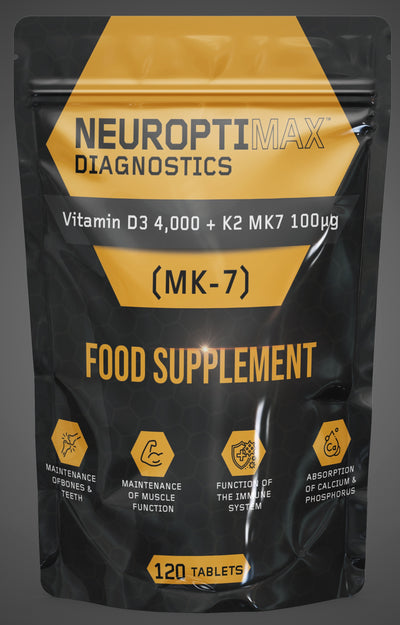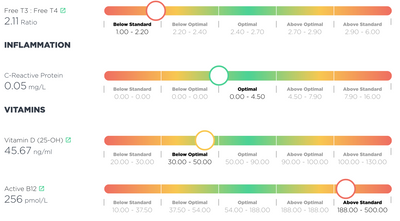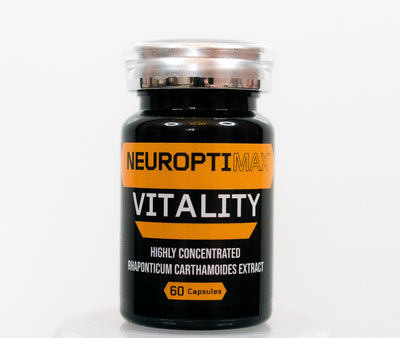
Vitamin B12 - What You Need To Know
Overview
The number of people switching to the vegan diet is increasing every year. Experts believe that the health benefits of the vegan diet are one of the top reasons for this phenomenon.
According to one study, more than 9.5 million people are vegan in the United States. This represents 3% of the total population. However, with this increase comes a concerning trend. Vegans tend to have lower levels of vitamin B12, which could lead to dire consequences.
In this article, we will cover what you need to know about vitamin B12, including the risk of deficiency.
The physiological role of vitamin B12
Vitamin B12 (i.e., cobalamin) is a water-soluble vitamin that interferes with the production of DNA and red blood cells.
Without this vitamin, red blood cells cannot be produced correctly, leading to anemia.
There is also some evidence that vitamin B12 boosts the basal metabolic rate (BMR), allowing you to burn more calories and generate energy more efficiently.
When you have enough vitamin B12 in your body, the risk of developing macular degeneration drops. Finally, vitamin B12 may improve symptoms of depression and prevent birth defects in pregnant women.
Vitamin B12 and energy
Taking vitamin B12 supplements can boost your energy dramatically. While the vitamin is not directly involved in producing energy, it mediates certain metabolic pathways that generate ATP.
However, this benefit may not be present in people with normal levels of vitamin B12. In other words, only people with suboptimal levels or those deficient may witness the effects of supplementation.
As you will see in the next section, one of the key symptoms of vitamin B12 deficiency is fatigue and lethargy.
Vitamin B12 and heart health
Elevated levels of an amino acid called homocysteine increases the risk of heart disease. What does that have to do with vitamin B12? Well, deficient amounts of vitamin B12 often coincide with high levels of homocysteine.
Some studies showed that vitamin B12 may be directly involved in decreasing the levels of homocysteine. Based on this, there are some theories that suggest the cardioprotective role of vitamin B12.
Unfortunately, we still don’t have any human clinical trials that confirm this effect, especially when it comes to supplementation.You can also get a test to evaluate your blood vitamin B12 levels.
Vitamin B12 deficiency
Vitamin B12 deficiency affects organs in different ways. The two systems that get primarily damaged by vitamin B12 deficiency are the brain and vascular system.
Vitamin B12 deficiency leads to a condition known as megaloblastic anemia. This is where red blood cells become bigger than normal and lose their functionality. Note that the opposite occurs with iron deficiency anemia.
Scientists also objectified that low levels of vitamin B12 increase the risk of depression, paranoia, and dementia.
Here are the signs and symptoms of vitamin B12 deficiency:
- Tiredness or fatigue
- Weight loss
- Balance problems
- Weakness
- Constipation
- Loss of appetite
- Confusion
- Poor memory
- Soreness of the mouth or tongue
- Numbness and tingling of the hands and feet)
Takeaway message
Understanding the physiology of vitamin B12 is important to keep your body functioning properly. Make sure to consume foods with high levels of this vitamin to prevent deficiencies.
We hope that this article made you appreciate the vitality of vitamin B12 in the human body and the devastating complications of its deficiency.



